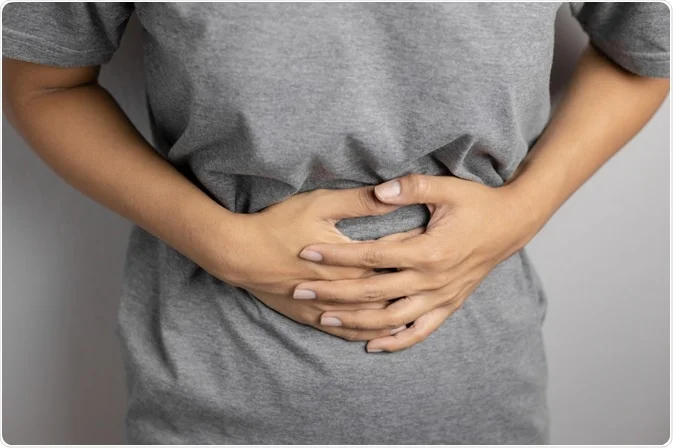Frontline ER Abdominal Pain Treatment
When to go to Urgent Care for Abdominal Pain
If your abdominal pain is accompanied by nausea, vomiting, or diarrhea, you may have a stomach bug. But if it’s caused by something like appendicitis, you need to get checked out immediately. Go straight to urgent care if you experience severe abdominal pain accompanied by nausea and vomiting (for more information about what constitutes severe when it comes to your abdomen, check out these guidelines from The Mayo Clinic). Your doctor will likely do a basic exam (including listening with a stethoscope) and ask questions about your health history.
Abdominal pain is a common symptom that can indicate several different medical problems. Most of us have had abdominal pain at some point and recognize that it doesn’t feel good. Even though we recognize it, there are many people who don’t know what type of abdominal pain they are experiencing or what action they should take. If you have any concern about your abdominal pain, your first step should be to contact your primary care physician or one of our hospitals and ask for advice. However, if you know your doctor is unavailable or experience severe abdominal pain – especially if accompanied by other symptoms like fever, nausea or vomiting – you may want to consider visiting one of our urgent care facilities.
When a patient presents with abdominal pain and has no concerning symptoms such as fever, nausea or vomiting, signs of appendicitis, blood in their stool or difficulty urinating. These patients should have some studies completed including a complete blood count (CBC), basic metabolic panel (BMP) and urine dipstick analysis. The CBC will help determine if there is an infection present. The BMP will help identify whether there are any issues related to electrolyte abnormalities or dehydration. A patient presenting with abdominal pain only can have their urine dipstick analyzed for protein which helps in determining if there is an issue involving their kidneys.
When you have abdominal pain, sometimes you’re just experiencing normal digestive discomfort. But other times, it can be a sign of something more serious. It’s important to know when and how to tell your doctor about problems in your stomach, side or back area. At some point in our lives, most of us experience common issues that may be related to digestion such as heartburn or indigestion. Because these are fairly common ailments and easy to treat at home with over-the-counter medications or natural remedies, it can be tempting not to see a doctor about them. When do stomach pains require urgent care?





